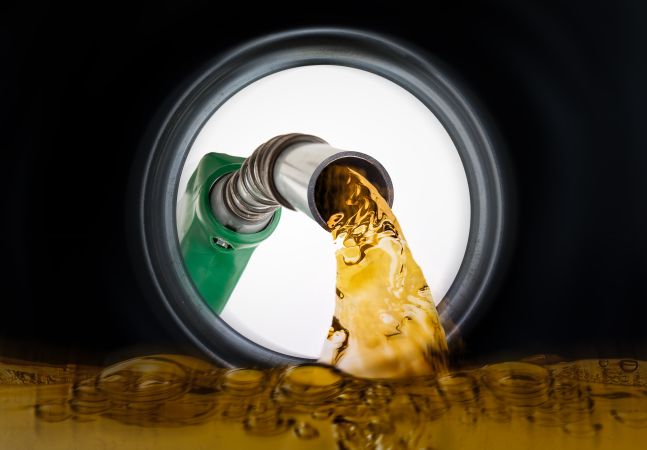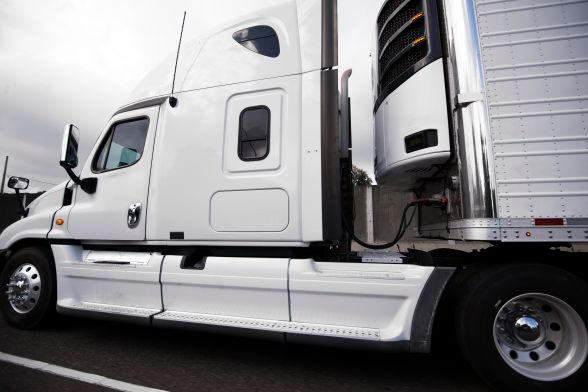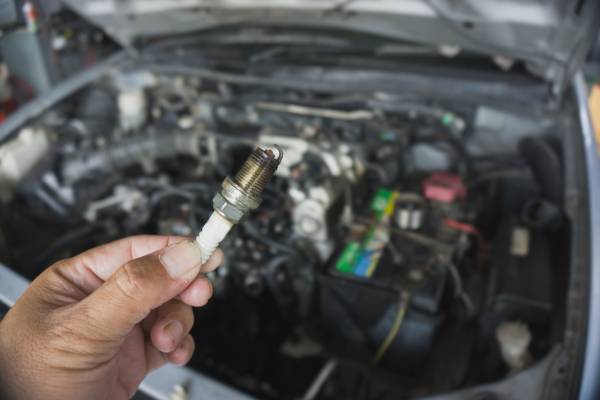For motorists in the UK, recent weeks have been something of an emotional roller coaster. On one hand, the much touted “end of the pandemic” has led to calls for people to get back to work, as society reopens and the economy bounces back; at the heart of this recovery being the resurgence of the Great British motorist. On the other hand, the post pandemic global situation is proving much more problematic than any one country’s government can manage; one result of which is soaring petrol prices. As economies and populations hold their breath awaiting the next developments, UK motorists might be forgiven for wishing things were as simple as during lockdown.
Connect with a verified mechanic in minutes. No appointments. No high fees. No waiting. Get back on the road and enjoy the ride.
Post Pandemic Recovery
If the pandemic really is over in the early part of 2022, its latter few months were very much a stop – start affair, not least for British motorists. This was largely because the messages coming from government and business changed more than once; workers were encouraged to get back to the office, then advised to stay at home, as a new covid variant made its presence felt. When it turned out this variant was nowhere near as harmful as previous ones, the back to work message came to the fore; except, perhaps, not as loudly. By this time, however, commuters and other motorists were understandably wary.
Connect with a verified mechanic in minutes. No appointments. No high fees. No waiting. Get back on the road and enjoy the ride.
On the whole, however, it seemed that getting back on the roads was a positive outcome, and indeed this was both predicted and approved of by UK business groups. Not only that, surveys revealed a likely rise in the use of private cars, to levels above those leading up to the original lockdown. One major reason for this was cited as people’s distrust of public transport, after two years of avoiding it altogether. On top of the convenience and pleasure of driving their own vehicle, motorists would now also feel safer from the covid virus.
While research showed that five days a week commuting would be less widespread than before, even those who drive to work three and four days were expected to be good for the economy, using the other days to head to supermarkets and maybe town centres more often. With MOT tests easier to book than ever, roadworthiness presented no problem. All in all, getting motorists back in their vehicles has generally been viewed as a positive step for the UK, helping it to “bounce back” more quickly than many major economies, especially those in the EU.
Globalized Consequences
Of course, economies around the world, not just Europe, all need to recover after two years of stagnation. As businesses and individuals are constantly reminded, we live in a globalized world now. Perhaps the post covid environment is proof positive of this situation, if any were needed. The fact is that resources are finite, and those which are essential, like food, oil and gas, immediately became more valuable as demand rose in recovering economies across the world. While this inevitably meant increasing price inflation generally, fuel in particular provided a very sharp focus on what commodities are really important, and how much people are willing to pay for them.
During the second weekend of February 2022, petrol prices in the UK hit an all time high; petrol rose to £148.02 per litre, and diesel £151.57. For a family car with a 55 litre tank, this translates to £81.41 to fill up for the week. With the UK consumer already dreading the prospect of a huge hike in domestic fuel bills and a National Insurance rise, the added cost of running a car amounted to a very large triple whammy.
Upward pressure on oil prices was an underlying factor since the easing of restrictions around the world, with $100 a barrel looking quite possible for the first time since 2014. However, the political situation between Russia and the Ukraine forced the issue even more. With western Europe as a whole ever more reliant on Russian gas, traders in commodities and many other markets became very jittery indeed. As mid February saw the ratcheting up of tension, so resulting fuel prices got ever higher.
Unstable Situation
While economic forecasters may have produced different models of what a post pandemic world economy might look like, it is unlikely any of them saw a resurgence of cold war tensions. While trusted MOT testers like those at checkmot.com hope this proves to be nothing more than a temporary crisis, British motorists for one may be wondering if getting back in their cars and vans is viable after all.
Max Anthony
Max is a gizmo-savvy guy, who has a tendency to get pulled into the nitty gritty details of technology and cars. He attended UT Austin, where he studied Information Science. He’s married and has three kids, one dog and a GMC truck and a Porsche 911. With a large family, he still finds time to share tips and tricks on cars, trucks and more.
Review engine, brake issues, error codes and more with a Mechanic Online in just minutes.
Ask a Mechanic Live Now




